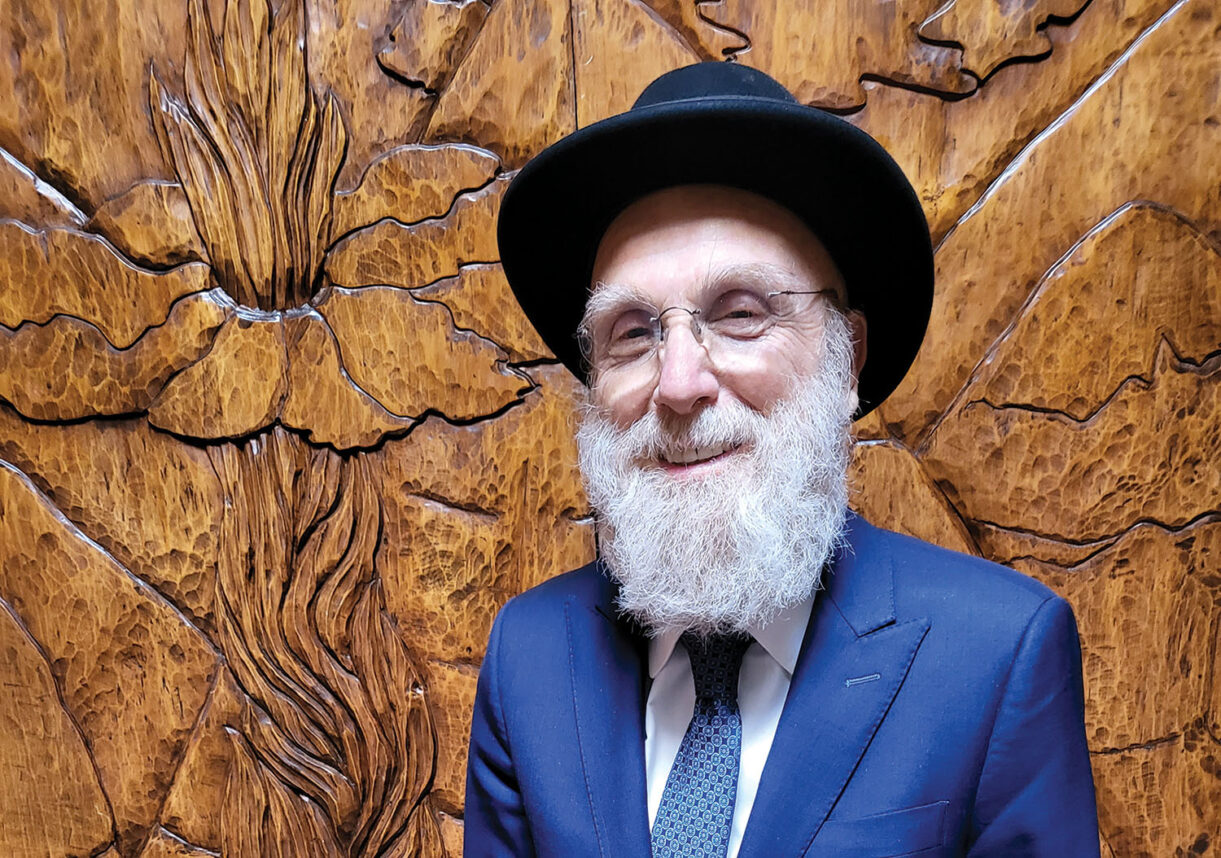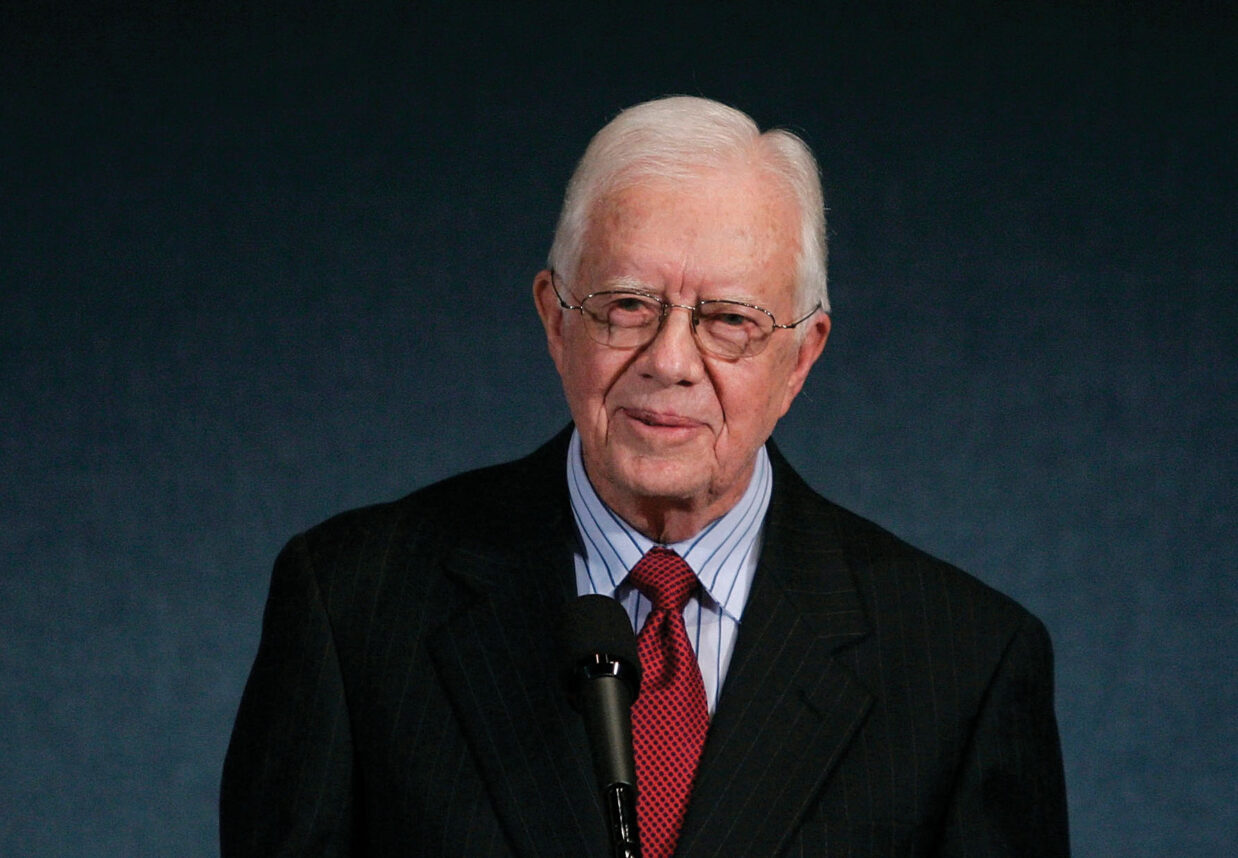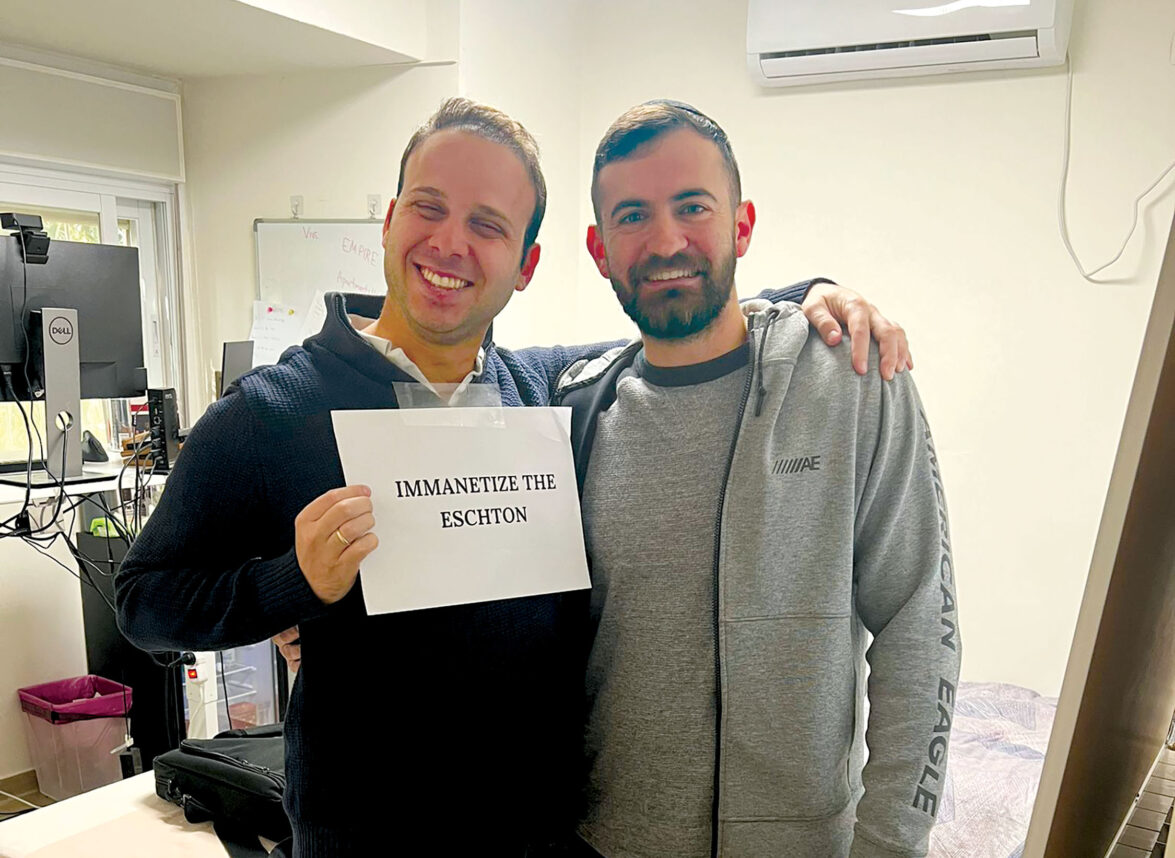In April 2009, Captain Richard Phillips received dismaying news while conducting a routine safety drill aboard the MV Maersk Alabama, a container ship carrying tons of relief supplies through Somali waters en route to port in Mombasa, Kenya. On the radar screen, a very real menace emerged: two skiffs piloted by Somali pirates determined to hijack the vessel, steal its contents and hold hostages for ransom. Eventually, the Somalis managed to board the much larger ship in high seas, hooking a ladder over the Alabama’s side and dodging blasts from water hoses to face off with the stoic Phillips. A tense standoff ensued, until Philips offered himself as a hostage and was carried off in a lifeboat, and was held until Navy sharpshooters killed three of the kidnappers several days later.
Among the myriad viewers glued to CNN during the live coverage of that drama was screenwriter Billy Ray, who is now up for an Oscar nomination for his adaptation of Phillips’ memoir, “A Captain’s Duty: Somali Pirates, Navy SEALs and Dangerous Days at Sea,” into the acclaimed Paul Greengrass thriller “Captain Phillips.”
Ray was captivated not only by Phillips’ heroism, but also by the stunning revelation that — surprise! — pirates still exist in the 21st century. “It seemed so odd to use that word in a non-Johnny Depp context,” said Ray, who was quietly intense, direct and even occasionally self-deprecating during a recent interview at the Beverly Hills Tennis Club. “The Maersk Alabama was the first United States-flagged ship that had been captured since Thomas Jefferson was president.”
When Ray heard Sony Pictures was looking for a writer to adapt Phillips’ memoir, he jumped at the chance. “I wanted the job very badly,” he said.
Ray is probably best known for adapting Suzanne Collins’ dystopian novel “The Hunger Games” for the big screen, of which he said, “I felt I had something to say about totalitarianism.” Yet his real love is working with true stories.
When drawing from news, he said, “I don’t feel like I’m just making things up; I feel like I’m actually reporting on the human condition.
“I know that sounds pretentious as hell, but I don’t mean it to,” he added. “And with true stories I have all these characters that are already created for me.”
Moreover, Phillips’ ordeal was one doozy of a true story: “It had so much going for it: great characters, great action and a very satisfying ending, even though it was rather sad in its way,” Ray said. “You rarely get all of that in a true story, so when you find one, you go after it, and I did.”
As Ray met with Sony executives, it helped that he had a track record of adapting real-life dramas for the screen: He wrote and directed the 2003 film “Shattered Glass,” based on the misadventures of disgraced journalist Stephen Glass, who fabricated many of his stories for The New Republic in the 1990s, fooling his editors with fake notes and voicemails and even a faux Web site.
Ray also co-wrote and directed 2007’s “Breach,” about Robert Hanssen, an FBI agent turned convicted spy.
But what finally clinched Ray’s “Captain Phillips” deal was his unique take on the drama. “I always saw it as the tale of two captains,” he said. “It’s the story of two men who get up in the morning, who get dressed and go to work, and what they have in common is that they are responsible for the lives of their crew. But their work puts them on this terrible collision course, and I wanted to explore what those pressures did to each of them.”

Screenwriter Billy Ray
As Ray penned his screenplay, he eschewed writing his African antagonists as cardboard-cutout bad guys; in fact he wrote a scene early in the film depicting the pirates’ wretched lives under the thumb of Somali warlords in their impoverished hamlet of Eyl. “Paul cared desperately about this part of the movie,” Ray said of the director. “It was very important to him that we fill in those blanks of the world of our lead pirate, Muse, so we understand that he’s part of this large criminal organization. It’s about who his warlord bosses were, and their bosses, and how all those pressures affect the choices the Somalis make.
“Muse cannot just wake up in the morning and go to apply for work at a Wal-Mart, because there are just two businesses in Somalia — piracy and the sale of khat, a plant the pirates are always chewing that gives them feelings of euphoria and invincibility,” Ray added.
“We’re talking about a place with zero economic opportunity, a failed state that has no Navy, no real coast guard and no police. It’s a mess, and Muse wakes up every day in the middle of it. I’m not trying to justify piracy, but we needed to open a lens and show viewers what it looks like in Eyl, so that you can understand the pirates as human beings.”
The game of cat-and-mouse between Muse (Barkhad Abdi) and Phillips (Tom Hanks) begins the moment they stare each other down, no longer through binoculars but on the bridge of the Maersk Alabama. To increase the onscreen tension, Greengrass did not let his Somali actors and Hanks meet until the pirates stormed onto the ship as the camera ran, Ray noted.
“We see that it’s a power struggle from the very beginning, and every time Phillips and Muse are in a scene together, it’s like a major game of chess,” he explained.
To create the sequences in which Phillips is held captive aboard the lifeboat, “I tried to imagine what it would be like to be on that craft for four days, which probably reached 105 degrees during the daytime — essentially a tin can bobbing up and down in the water,” he said. “But you never want your protagonist to become passive, even when he’s a hostage, so every second on that lifeboat, Phillips is trying his best to manipulate and intimidate these guys, to work them and find out what their weaknesses are.”
After completing his final draft of the screenplay, Ray began to see the story as a metaphor for the United States after the tragedy of Sept. 11, 2001: “Even though we had all the technology and the muscle, in that moment we were held hostage by four scrawny guys with AK-47s,” he said. “The idea of four little Somalis holding back three Navy destroyers was the dynamic at play for four days.”
Ray grew up in Encino and attended Stephen S. Wise Temple and Birmingham High School; he has been a news junkie since he was 8 years old and rushed home from school to watch the Watergate scandal unfold on TV. Before he discovered screenwriting, he aspired for a time to become a journalist, and he said he still approaches his scripts, especially those based on true stories, like a reporter in the field.
To write “Shattered Glass,” he meticulously interviewed Glass’ editors and culled dialogue from transcripts; Glass refused to be interviewed at the time, Ray said, then the screenwriter chanced to run into the former reporter at a party hosted by a mutual friend two years after the film’s release. “We chatted for a second, and then I said, ‘Stephen, you and I should sit down and talk, because I’m that Billy,’ ” Ray recalled. And his eyes just went as wide as saucers. The first thing I said to him was, ‘I’m sorry if I caused you pain, but that’s not why I made the movie.’ I asked him, from a journalist’s point of view, if he thought we got the story right, and he did feel that we had gotten a lot of it right.”
For “Captain Phillips,” Ray again put on his journalist’s cap as he interviewed and re-interviewed Phillips, perused books on Somali piracy and even had Phillips walk him through a container ship similar to the Maersk Alabama, as the captain described his ordeal point by point along the way.
Despite Ray’s research, however, some members of the Alabama’s crew, who have filed a lawsuit in regard to the highjacking, have charged that the film whitewashes Phillips, whom, they say, ignored repeated warnings to stay at least 680 miles off the coast of Somalia (the ship was hijacked 240 nautical miles from Eyl).
“But I don’t believe the facts are on their side,” Ray insisted. The Maersk Alabama’s destination was Mombasa, which is just 50 miles from Somalia, so there was no avoiding the coast for long, he said. “There was nothing Captain Phillips could really do about that,” Ray added. “But what I do know is that when he had to make the toughest choice of his life, he chose to get in that lifeboat rather than have the pirates go looking for his crew. He sacrificed himself for them. And, by the way, a good number of his crew members were in New York with us at the premiere of the movie, standing shoulder to shoulder with Captain Phillips.”
Ray has already received the Writers Guild of America Award for Best Adapted Screenplay; and, like most nominees for the 2014 Academy Awards, he was up early the morning the nods were announced, on Jan. 16. “I’ve wanted an Academy Award for a long time, in a powerful and, I think, unappealing way,” he admitted. “I always thought that that moment, if I were ever lucky enough to get nominated, would just be pure joy — and it was,” he said. “But then Paul and Tom didn’t get nominated, and it took a lot of the fun out of it for me. I felt like my team didn’t get what it deserved, and that felt lousy.”






















 More news and opinions than at a Shabbat dinner, right in your inbox.
More news and opinions than at a Shabbat dinner, right in your inbox.